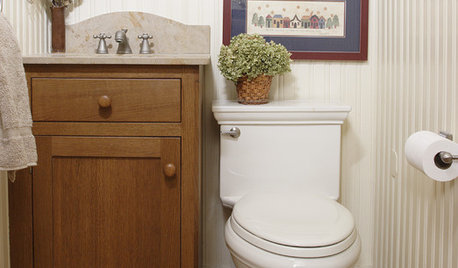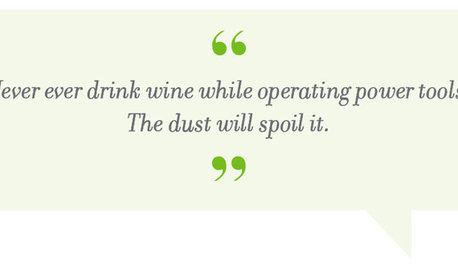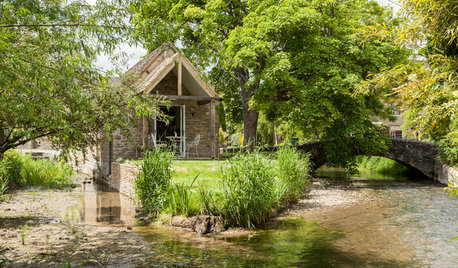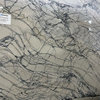Plastic Plumbing WARNING
Granite City Services
10 years ago
Related Stories

GARDENING AND LANDSCAPINGChoosing a Deck: Plastic or Wood?
Get the pros and cons of wood, plastic, composite and more decking materials, plus a basic price comparison
Full Story
MATERIALSShould You Use Composite Timber in Your Landscape?
This low-maintenance alternative to wood is made from varying amounts of recycled plastic. Consider it for decks, fences and more
Full Story
HOUSEKEEPINGWhat's That Sound? 9 Home Noises and How to Fix Them
Bumps and thumps might be driving you crazy, but they also might mean big trouble. We give you the lowdown and which pro to call for help
Full Story
MOST POPULARSo You Say: 30 Design Mistakes You Should Never Make
Drop the paint can, step away from the brick and read this remodeling advice from people who’ve been there
Full Story
LIFEShare Your Winter Storm Jonas Photos and Survival Tips!
Let’s see your pictures and hear your ideas on how you’re keeping your house warm and staving off cabin fever
Full Story
GARDENING AND LANDSCAPINGShade Sails: Outdoor Rooms Take Wing
Futuristic looking yet a terrific complement to both traditional and modern landscapes, shade sails lend a sculptural quality to patios
Full Story
BATHROOM DESIGNWater Damage Spawns a Space-Saving Bathroom Remodel
A game of inches saved this small New York City bathroom from becoming too cramped and limited
Full Story
HOUZZ TOURSMy Houzz: An 18th-Century Cottage on a Tiny English Island
Once a place for a miller to store his cart, this tiny building is now a cozy home, redesigned using reclaimed materials
Full Story
MATERIALSMaterials Workshop: Polycarbonate — a Low-Cost Alternative to Glass
Looking for something lighter, stronger and less expensive than glass? Multiwall polycarbonate may be a good option
Full Story
DIY PROJECTSMake a Mod Solar Lamp Trio for the Garden
What’s that hovering ethereally in the dark? A set of cool globe lights showing off your DIY ingenuity
Full StorySponsored
Franklin County's Custom Kitchen & Bath Designs for Everyday Living
More Discussions











ineffablespace
Vertise
Related Professionals
Lockport Kitchen & Bathroom Designers · Piedmont Kitchen & Bathroom Designers · Pleasanton Kitchen & Bathroom Designers · St. Louis Kitchen & Bathroom Designers · White House Kitchen & Bathroom Designers · 20781 Kitchen & Bathroom Remodelers · Allouez Kitchen & Bathroom Remodelers · Niles Kitchen & Bathroom Remodelers · Placerville Kitchen & Bathroom Remodelers · Sweetwater Kitchen & Bathroom Remodelers · South Jordan Kitchen & Bathroom Remodelers · Cave Spring Kitchen & Bathroom Remodelers · Potomac Cabinets & Cabinetry · Atascocita Cabinets & Cabinetry · Gardere Design-Build Firmsmeganmca
Granite City ServicesOriginal Author
ineffablespace
Vertise
JoppaRich
kirkhall
peegee
CEFreeman
Vertise
xc60
Vertise
a2gemini
oldbat2be
Vertise
elphaba_gw
a2gemini
Vertise
Vertise
tishtoshnm Zone 6/NM
CEFreeman
socalsister
jennybc
elphaba_gw
detroit_burb
rmtdoug
elphaba_gw
cole_robbie
a2gemini
pamela928
Vertise